
Top 10 Alcohol-Free Wine Brands: Redefining Elegance

Top 10 Alcohol-Free Wine Brands: Redefining Elegance
The global alcohol-free wine market is undergoing rapid transformation, driven by shifts in consumer preferences, advancements in technology, and a rising focus on health and wellness. In 2023, the market was valued at approximately $4.2 billion, and it is projected to grow at a CAGR of 10.5%, reaching $8.5 billion by 2030. This remarkable expansion underscores the growing demand for sophisticated alternatives to traditional alcoholic beverages, catering to consumers who prioritize moderation without compromising on taste and quality.
Alcohol-free wine has carved out a niche in the beverage industry, appealing to a diverse range of consumers, including the sober-curious, pregnant women, health-conscious individuals, and those seeking halal-certified options. Europe and North America dominate the market, contributing over 60% of global sales, while Asia-Pacific and the Middle East are emerging as significant growth regions. Innovations in de-alcoholization technology, such as vacuum distillation and spinning cone techniques, have significantly improved the quality of alcohol-free wines, enabling them to retain the complexity, aroma, and mouthfeel of traditional wines.
The industry’s growth is also fueled by increasing social acceptance of non-alcoholic beverages at formal gatherings, celebrations, and casual dining. With luxury branding, diverse flavor profiles, and organic certifications, alcohol-free wines are no longer seen as a compromise but as a conscious choice. This article explores the Top 10 Alcohol-Free Wine Brands, their contributions to this growing market, and the challenges and trends shaping the future of alcohol-free wines.

- Torres Natureo
- Headquarters: Vilafranca del Penedès, Spain
- Why It Stands Out: As a pioneer in the alcohol-free wine market, Torres Natureo delivers a premium range of wines with less than 0.5% ABV, maintaining the rich flavors of traditional wines.
- Key Innovations: Advanced vacuum distillation techniques to preserve wine’s natural aromas and structure.
- Ariel Vineyards
- Headquarters: Napa Valley, California, USA
- Why It Stands Out: Ariel Vineyards is renowned for crafting alcohol-free wines that rival the complexity of traditional options, earning accolades in international wine competitions.
- Key Innovations: Cold filtration methods that retain essential tannins and flavors.
- Fre Wines (Sutter Home)
- Headquarters: St. Helena, California, USA
- Why It Stands Out: Fre Wines offers a wide range of alcohol-free options, including reds, whites, and sparkling varieties, catering to diverse consumer tastes.
- Key Innovations: Implementation of spinning cone technology to achieve a seamless de-alcoholization process.
- Pierre Chavin
- Headquarters: Béziers, France
- Why It Stands Out: Pierre Chavin specializes in crafting luxurious alcohol-free wines, targeting gourmet and health-conscious markets.
- Key Innovations: Organic certifications and natural ingredient integration for enhanced authenticity.
- Edenvale
- Headquarters: Sydney, Australia
- Why It Stands Out: Edenvale’s alcohol-free wines are celebrated for their fresh, vibrant flavors, making them a popular choice in the Asia-Pacific region.
- Key Innovations: Introduction of functional wines enriched with antioxidants for added health benefits.
- Thomson & Scott Noughty
- Headquarters: London, United Kingdom
- Why It Stands Out: Noughty has carved a niche in the sparkling wine category, offering organic, vegan-friendly alcohol-free wines with low sugar content.
- Key Innovations: Focus on sustainability, including fully recyclable packaging and carbon-neutral production.
- Carl Jung Wines
- Headquarters: Rüdesheim am Rhein, Germany
- Why It Stands Out: With a legacy dating back to 1908, Carl Jung is a leader in alcohol-free wine innovation, offering a wide range of traditional and modern styles.
- Key Innovations: Patented de-alcoholization techniques and a diverse product portfolio.
- Lussory
- Headquarters: La Rioja, Spain
- Why It Stands Out: Lussory is known for its halal-certified alcohol-free wines, catering to diverse consumer demographics worldwide.
- Key Innovations: Collaboration with global retailers to expand access to high-quality alcohol-free wines.
- Eins Zwei Zero (Leitz Winery)
- Headquarters: Rheingau, Germany
- Why It Stands Out: Leitz Winery’s Eins Zwei Zero range delivers crisp and refreshing alcohol-free wines, ideal for casual and fine dining.
- Key Innovations: Use of advanced dealcoholization methods to enhance flavor retention.
- Giesen Wines
- Headquarters: Marlborough, New Zealand
- Why It Stands Out: Giesen Wines brings New Zealand’s famed wine craftsmanship to the alcohol-free category, emphasizing quality and sustainability.
- Key Innovations: Development of Sauvignon Blanc and Pinot Noir varieties with bold flavors and minimal environmental impact.
Major Trends in the Alcohol-Free Wine Industry
- Wellness and the Sober-Curious Movement
The growing focus on health and wellness has fueled the rise of the sober-curious movement, with many consumers opting to reduce or eliminate alcohol intake. Alcohol-free wine aligns perfectly with this trend, offering a sophisticated and healthier alternative to traditional wines. Reports show that 60% of millennials have reduced their alcohol consumption in the past five years, and the non-alcoholic beverage sector is responding with premium products.
- Technological Advancements in De-Alcoholization
Modern techniques, such as spinning cone technology, vacuum distillation, and membrane filtration, allow producers to remove alcohol while preserving essential flavor compounds and aromas. These innovations have significantly improved the taste and quality of alcohol-free wines, enabling them to compete with their alcoholic counterparts.
- Expansion in Emerging Markets
Emerging markets, particularly in Asia and the Middle East, are witnessing a surge in demand for alcohol-free wines. Countries with cultural or religious restrictions on alcohol consumption are embracing alcohol-free wine as an alternative. For example, halal-certified options have opened up opportunities in regions like the Middle East, where non-alcoholic beverages are growing at CAGR of 9%.
- Premiumization of Alcohol-Free Wines
Consumers are increasingly willing to pay a premium for high-quality alcohol-free wines. Brands are responding by focusing on luxurious packaging, organic ingredients, and limited-edition releases. Premium alcohol-free wines now account for approximately 20% of total market sales, reflecting a significant shift in consumer perception.
- Sustainability and Organic Certifications
Sustainability is a driving force in the alcohol-free wine market, with brands adopting eco-friendly practices, such as using renewable energy, recyclable packaging, and organic grapes. For instance, Thomson & Scott Noughty has integrated carbon-neutral production processes, reflecting a broader industry push toward environmental responsibility.
- E-Commerce and Direct-to-Consumer Growth
E-commerce has revolutionized alcohol-free wine sales, with online platforms enabling consumers to access a wide range of brands and flavors. Direct-to-consumer models are also flourishing, supported by virtual tastings and subscription services. This trend is expected to grow at a CAGR of 12% through 2030.

Main Challenges in the Alcohol-Free Wine Industry
- Overcoming Taste Perceptions
One of the biggest challenges for alcohol-free wine producers is overcoming the perception that these products lack the complexity and depth of traditional wines. Despite advancements in de-alcoholization technology, many consumers remain skeptical about the taste and quality of alcohol-free wines.
- Pricing Parity with Traditional Wines
Alcohol-free wines are often priced similarly to traditional wines due to the high cost of production and de-alcoholization processes. This pricing can deter cost-sensitive consumers, particularly in emerging markets where affordability is a key concern.
- Limited Consumer Awareness
While awareness of alcohol-free wine is growing, many consumers remain unfamiliar with the category. Effective marketing and education are needed to inform potential customers about the benefits, quality, and versatility of these products.
- Regulatory Complexities
Labeling and marketing alcohol-free wines can be challenging due to varying regulations across countries. Some regions require alcohol-free wines to meet specific labeling requirements, which can complicate international distribution.
- Competition from Other Non-Alcoholic Beverages
Alcohol-free wines face stiff competition from other non-alcoholic beverages, such as craft sodas, mocktails, and sparkling waters. Brands must differentiate themselves through innovation, quality, and branding to stand out in this crowded market.
- Supply Chain Challenges
Sourcing high-quality grapes for alcohol-free wine production can be challenging, particularly for organic and sustainably produced options. Managing production costs while maintaining competitive pricing further complicates supply chain logistics.
- Cultural and Social Barriers
In some markets, alcohol-free wine faces cultural and social stigmas. Educating consumers and breaking down these barriers is essential for expanding market reach and acceptance
The Top 10 Alcohol-Free Wine Brands are transforming the wine industry by offering sophisticated, health-conscious alternatives that cater to modern consumer preferences. These brands are not only responding to global trends like mindful drinking and sustainability but are also leading with innovation to create products that rival traditional wines in flavor and quality.
Platforms like uFoodin play a vital role in connecting alcohol-free wine producers with global distributors, retailers, and niche markets. For emerging brands, uFoodin provides a platform to showcase their unique offerings, explore collaborative opportunities, and build relationships with buyers seeking premium and innovative products. Established brands can use uFoodin to strengthen their presence in emerging markets and engage with a growing audience of health-conscious consumers.
As alcohol-free wine continues to evolve, its success will depend on maintaining authenticity, embracing technological advancements, and meeting the diverse demands of a global audience. With rising awareness and innovation, this segment is poised to redefine the wine experience for generations to come.
uFoodin Editorial Team
Bibliography
- Statista: Alcohol-Free Wine Market Trends and Growth
- Fortune Business Insights: Innovations in Non-Alcoholic Beverages
- FAO (Food and Agriculture Organization): Global Wine Production Insights
- Company Websites: Torres, Sutter Home, Leitz, and others
LAST ARTICLES
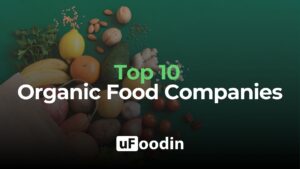
Top 10 Organic Food Companies: Leaders in Sustainable Nutrition
The organic food industry has evolved from a niche market to a global powerhouse, driven by rising consumer awareness about health, sustainability, and environmental impact.
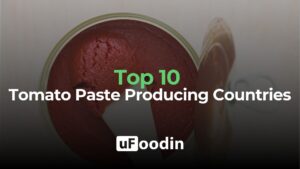
Top 10 Tomato Paste Producing Countries
Tomato paste, an essential ingredient in global cuisines, is valued for its rich flavor, long shelf life, and versatility. It plays a pivotal role in
FEATURED OFFERS
Related Posts

Top 10 Organic Food Companies: Leaders in Sustainable Nutrition
The organic food industry has evolved from a niche market to a global powerhouse, driven by rising consumer awareness about health, sustainability, and environmental impact.

Top 10 Tomato Paste Producing Countries
Tomato paste, an essential ingredient in global cuisines, is valued for its rich flavor, long shelf life, and versatility. It plays a pivotal role in
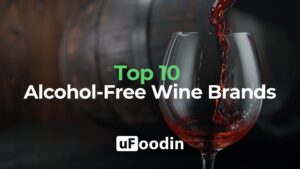
Top 10 Alcohol-Free Wine Brands: Redefining Elegance
The global alcohol-free wine market is undergoing rapid transformation, driven by shifts in consumer preferences, advancements in technology, and a rising focus on health and

Top 10 Whisky Brands
Whisky, often called the “water of life,” has a rich history and continues to be a cornerstone of the global spirits industry. In 2023, the

Top 10 Vodka Brands: Distilling Excellence
Vodka, one of the most versatile and widely consumed spirits in the world, has become synonymous with culture, tradition, and innovation. Originating from Eastern Europe,
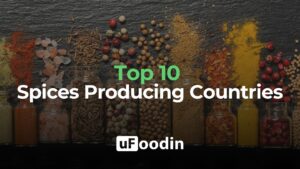
Top 10 Spices Producing Countries: The World’s Flavor Masters
Spices have been integral to global cuisine, trade, and culture for centuries, enriching food with flavor, aroma, and health benefits. In 2023, the global spices
FOLLOW US

Functional Always active
Preferences
Statistics
Marketing

Functional Always active
Preferences
Statistics
Marketing
Report
There was a problem reporting this post.
Block Member?
Please confirm you want to block this member.
You will no longer be able to:
- See blocked member's posts
- Mention this member in posts
- Invite this member to groups
- Message this member
- Add this member as a connection
Please note: This action will also remove this member from your connections and send a report to the site admin. Please allow a few minutes for this process to complete.


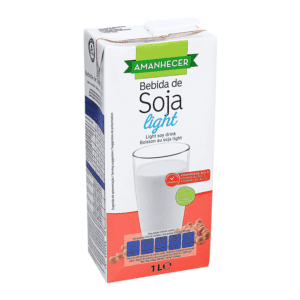
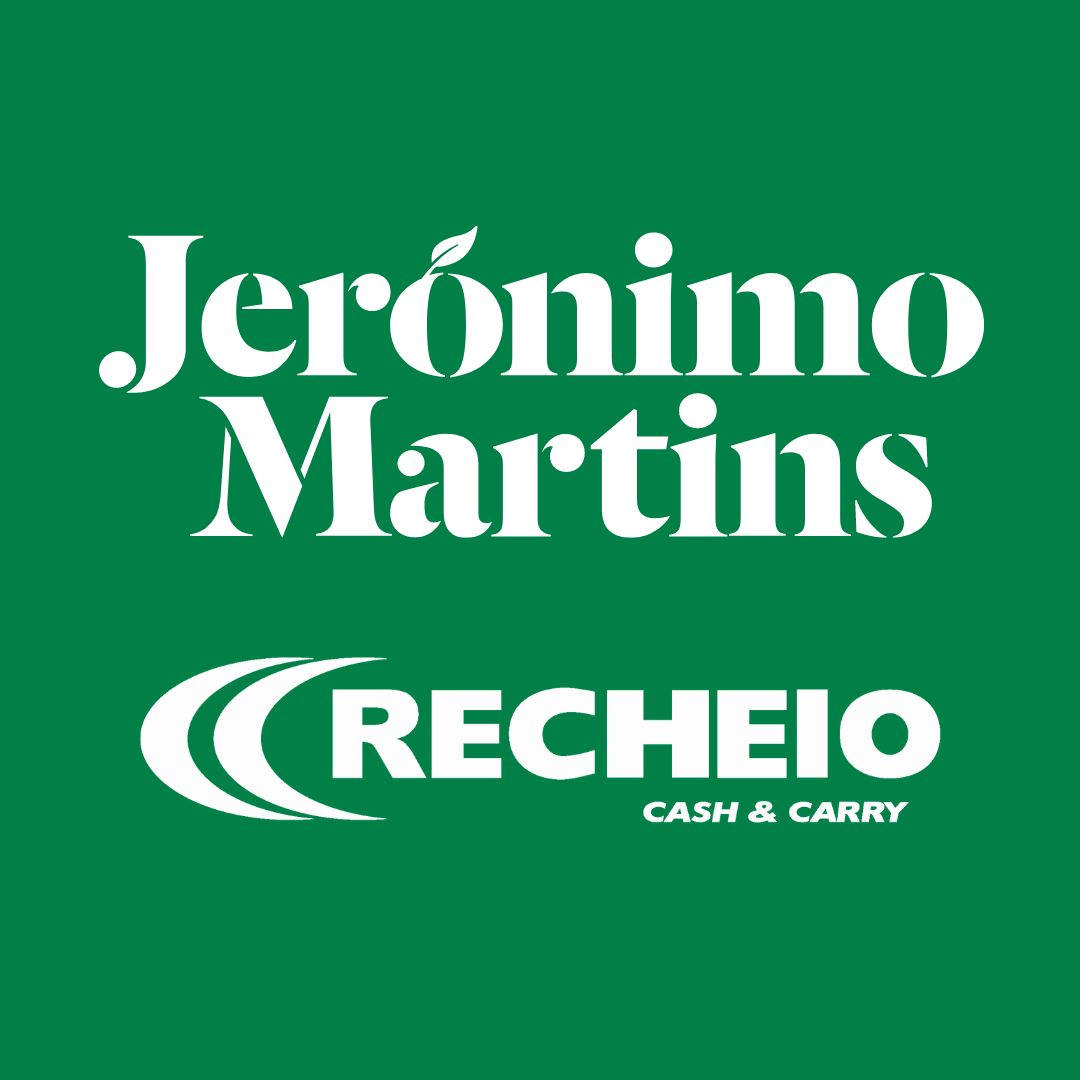

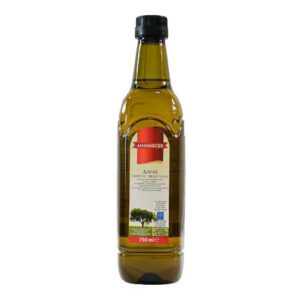





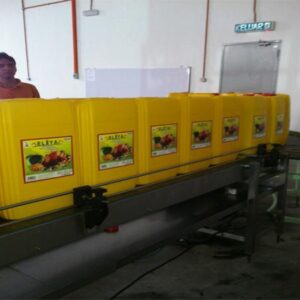
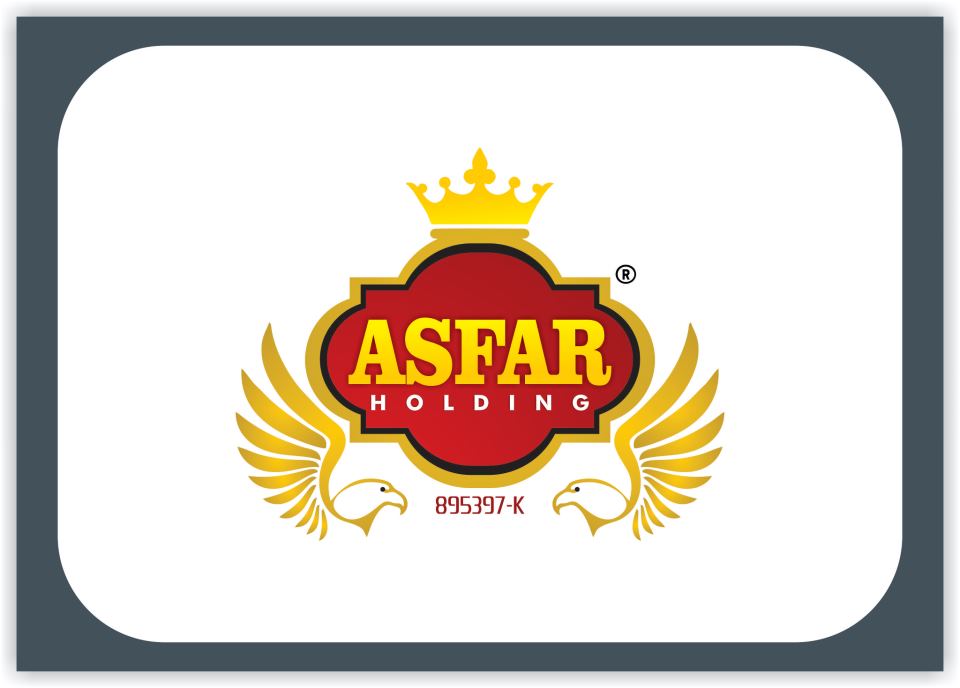
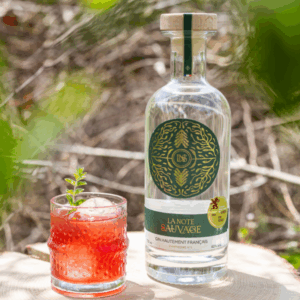
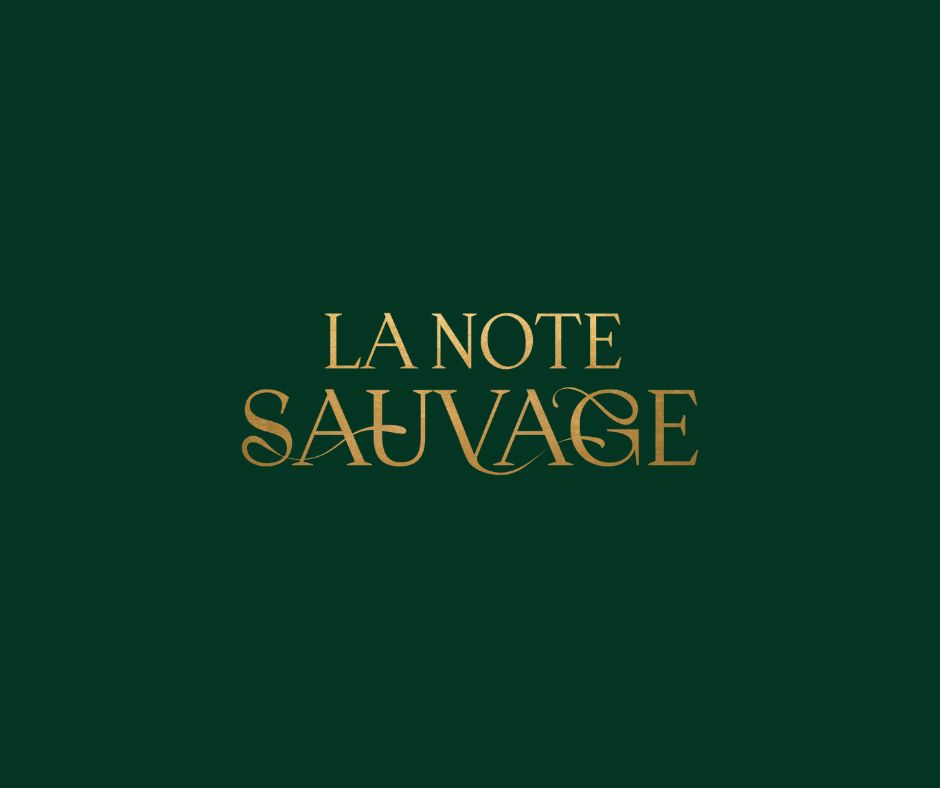
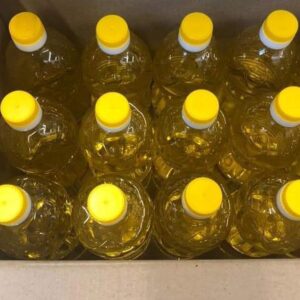
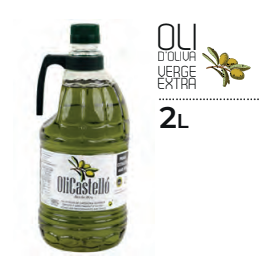
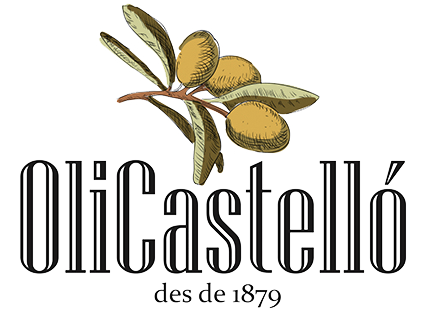
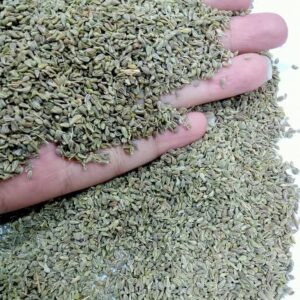




Responses